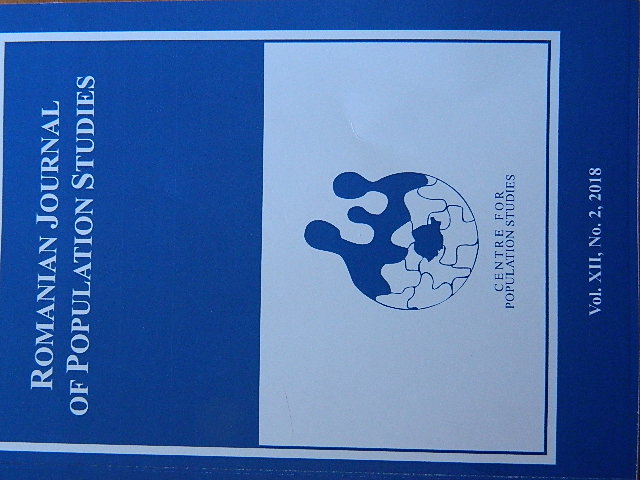Informal Social Networks of Ukrainian Migrant Women as a Tool of Resistance Against Precarities of Migranсу
Informal Social Networks of Ukrainian Migrant Women as a Tool of Resistance Against Precarities of Migranсу
Author(s): Alissa Tolstokorova Subject(s): Social Sciences, Cultural Anthropology / Ethnology, Migration Studies
Published by: Centrul de Studiere a Populaţiei
Keywords: Ukrainian female migration; informal social networks; collectivist connectivity;
Summary/Abstract: The paper sets out to conceptualize informal social networks of Ukrainian migrant women as a tool of resistance to the precarities of migration, meaning primarily the unpredictability and indefiniteness of this dynamic and fluid process. To address the specificity of social networks among post-socialist Ukrainian labour migrants the paper offers the analytical framework drawing on the concept of collectivist connectivity that reflects on connectedness of individuals with each other and is indicative of the Soviet collectivist identity pertaining to the generation of post-soviet Ukrainian women who currently constitute the core of female migratory flows from Ukraine. The study draws on a multi-cited field research and the analysis of secondary theoretical sources. The results of the research showed that social networks of Ukrainian migrant women play a decisive role in their efforts for social inclusion at all stages of the migratory cycle, their skills of “collectivist connectivity” being indispensable for that matter. This is the “good facet” of informal social networking. Some women, especially of the younger generation, lack the sense of “collectivist connectivity” of their Soviet foremothers and thus have poor networking skills that entails higher socio-cultural risks in target economies. Its “ugly side” is that the principles of trust and group solidarity constituting social networks are not always used for altruistic purposes, being aimed at reaching selfish interests of some individual member of migrants’ networks. This leads to transformations of “collectivist connectivity” in the migratory setting.
Journal: Romanian Journal of Population Studies
- Issue Year: 12/2018
- Issue No: 2
- Page Range: 119-144
- Page Count: 26
- Language: English
- Content File-PDF

